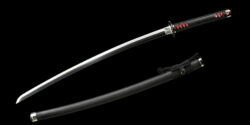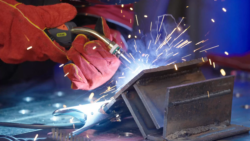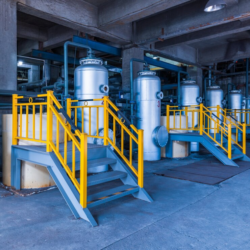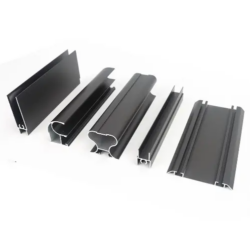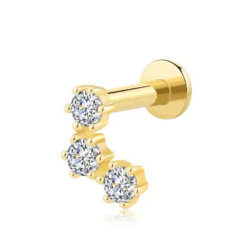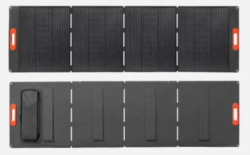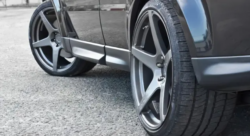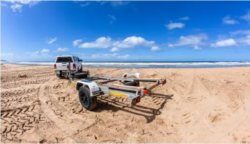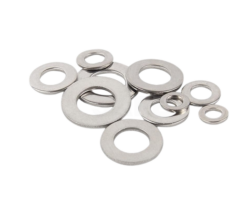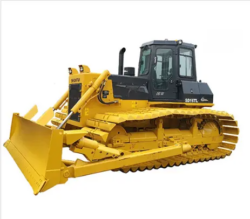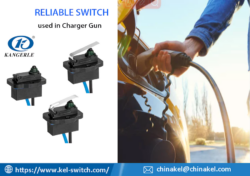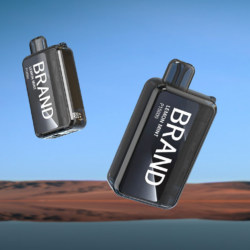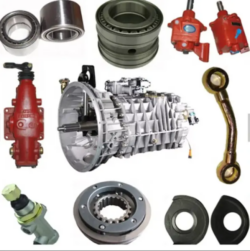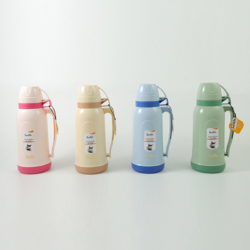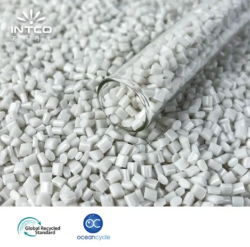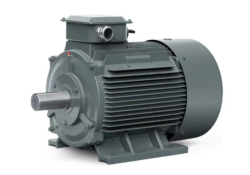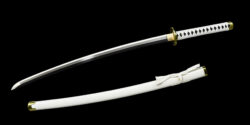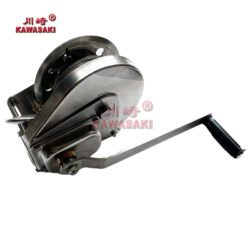Maintenance Matters: Essential Tips for Extending the Lifespan of Your Boat Trailer
Boating enthusiasts understand the thrill of the open water, the serenity of a quiet fishing spot, or the joy of a family outing on the lake. For many, owning a boat isn’t just a hobby; it’s a way of life. Yet, while much attention is given to the care of the boat itself, the trailer that transports it often goes overlooked. Regular maintenance of your boat trailer is crucial for ensuring safe and trouble-free journeys and extending its lifespan. Let’s delve into some essential tips to keep your boat trailer in top-notch condition.
Importance of Boat Trailer Maintenance
A boat trailer serves as a crucial link between your boat and your vehicle. Neglecting its maintenance can lead to a range of problems that could mar your boating experience. The consequences of a poorly maintained trailer can be significant, from safety concerns on the road to potential damage to your boat. By dedicating a bit of time and effort to its upkeep, you can prevent these issues and enjoy your boating adventures with peace of mind.
Regular Inspection is Key
1. Tires and Wheels: Begin your maintenance routine by inspecting the tires and wheels of your boat trailer. Check for signs of wear, such as uneven tread, cracking, or bulging. Ensure that the tire pressure matches the manufacturer’s recommendations and tighten any loose lug nuts. Don’t forget to examine the spare tire as well.
2. Lights and Wiring: Functional lights and proper wiring are essential for safe towing. Regularly check that all lights – including brake lights, turn signals, and taillights – are working correctly. Look for any frayed wires or corrosion in the connectors. Keeping your trailer’s electrical system in top condition is a simple yet effective way to enhance safety.
3. Frame and Undercarriage: Inspect the frame and undercarriage of the trailer for rust, corrosion, or damage. Saltwater exposure can accelerate corrosion, so if you frequently launch your boat in saltwater, pay extra attention to these areas. Address any rust spots promptly to prevent them from spreading.
Routine Cleaning and Maintenance
1. Washing: After each use, make it a habit to wash your boat trailer thoroughly. Salt, dirt, and debris can accumulate on various parts, leading to corrosion over time. A gentle rinse with fresh water can go a long way in preventing this. Consider using a mild detergent and a soft brush for a more thorough cleaning.
2. Lubrication: Proper lubrication is crucial to prevent friction and wear on moving parts. Regularly grease the trailer’s wheel bearings, hitch mechanism, and any other pivot points. This simple step can significantly extend the lifespan of these components and improve the overall performance of your trailer.
3. Brake System: If your boat trailer is equipped with brakes, ensure they are in good working condition. Test the brakes periodically and look for any signs of uneven braking or squeaking. Addressing brake issues on time can prevent accidents and costly repairs down the line.
Storage and Protection
1. Dry Storage: Store your boat trailer in a dry and sheltered area whenever possible. Direct exposure to the elements, especially harsh sunlight and rain, can accelerate wear and tear. If indoor storage isn’t feasible, consider using a trailer cover to shield it from the elements.
2. Corrosion Protection: Applying a corrosion-resistant coating or paint to vulnerable areas can offer added protection against rust. Focus on areas prone to saltwater exposure, as salt can quickly corrode metal surfaces.
3. Wheel Maintenance: When storing your boat trailer for an extended period, consider using wheel chocks to prevent flat spots from forming on the tires. Additionally, periodically moving the trailer a short distance can help prevent flat spotting and maintain the tires’ shape.
Professional Check-ups
1. Regular Servicing: Just like your car, your boat trailer can benefit from professional servicing. Schedule regular maintenance appointments with a qualified mechanic or trailer specialist. They can inspect thoroughly, identify potential issues, and provide expert recommendations for keeping your trailer in top shape.
2. Bearing and Axle Inspection: Trailer wheel bearings and axles endure a lot of stress, especially during long trips. A professional inspection can detect any signs of wear, improper alignment, or damage. Timely bearing replacement can prevent catastrophic failures on the road.
Going the Extra Mile
1. Rust Prevention: Regularly inspect your trailer for any signs of rust, especially in hidden or hard-to-reach areas. Applying a rust inhibitor or coating can provide extra protection against corrosion. Be vigilant, especially if you frequently launch your boat in saltwater.
2. Trailer Alignment: Proper trailer alignment is essential for safe towing and even tire wear. If you notice that your trailer is veering to one side while towing, it’s a sign that the alignment might be off. Addressing alignment issues promptly can prevent excessive tire wear and improve fuel efficiency.
3. Winch and Strap Care: The winch and straps are crucial for securing your boat to the trailer. Inspect the winch mechanism for any signs of rust or wear. Ensure the strap is in good condition and securely fastened. Replacing frayed or damaged straps is a simple step to prevent accidents during loading and unloading.
4. Trailer Weight Distribution: Balancing the weight on your trailer is vital for safe towing. Improper weight distribution can lead to swaying, reduced stability, and increased wear on the trailer components. Follow the manufacturer’s recommendations for proper weight distribution and consider using a weight distribution hitch if needed.
5. Grease the Coupler: The coupler is what connects your trailer to your vehicle’s hitch. Regularly greasing the coupler’s moving parts can prevent friction and ensure smooth operation. This small step can make hitching and unhitching your trailer much easier and prevent unnecessary strain on the coupler.
Seasonal Maintenance
1. Winterisation: Proper winterisation is crucial if you live in an area with harsh winters. Drain the trailer’s water system and ensure all components are free from water to prevent freezing and damage. Store the trailer in a protected area, or consider using trailer jacks to lift the tires off the ground, preventing flat spots.
2. Spring Tune-up: Before the boating season starts, give your trailer a thorough inspection and tune-up. Check the tire pressure, test the lights, and ensure all components work well. Lubricate moving parts and address any issues that may have arisen during storage.
Educational Resources
To further enhance your knowledge of boat trailer maintenance, consider seeking out educational resources. Online tutorials, forums, and manufacturer guides can provide valuable insights and step-by-step instructions for maintaining different types of boat trailers Australia. Engaging with a community of fellow boaters can also help you learn from their experiences and gain practical tips.
The Bottom Line
As a responsible boat owner, giving your boat trailer the attention it deserves is a smart investment. Regular maintenance doesn’t just extend the lifespan of your trailer; it also contributes to safe and enjoyable boating experiences. Incorporating these essential tips into your routine can prevent breakdowns, accidents, and costly repairs. Remember, a well-maintained boat trailer is more than equipment – it’s a key component of your boating adventures. So, roll up your sleeves, gather your tools, and embark on a journey of trailer maintenance that will pay off in the long run. Your boat and your wallet will thank you for it.


